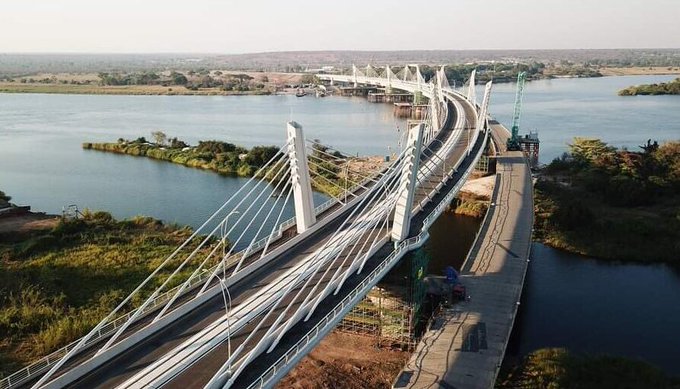|
Getting your Trinity Audio player ready…
|
By Africa50
The African Continental Free Trade Agreement came into effect in January and, in theory, represents a huge opportunity to stimulate private sector investment in African infrastructure.
“We are now one big single market of over 1.3 billion people,” says Alain Ebobissé of Africa50. “One of the challenges we have historically faced is that individual markets can be too small for big-ticket investment. Now investors can access regional projects that enable them to put more money to work.”
It is these regional infrastructure projects that will prove vital to the success of the free trade agreement. “How is a free trade agreement going to work without transport infrastructure?” asks Amani Abou-Zeid, commissioner at the African Union. “We need to find a way to bring private sector expertise and investments into these regional projects at scale. Without that, the free trade agreement is just a slogan.”
However, financing regional projects through PPPs is significantly more challenging than at a national level, according to Ebobissé. “But it’s not impossible,” he adds, citing the Landmark Bridge project linking the capitals of the Democratic Republic of Congo and the Republic of Congo, Kinshasa and Brazzaville.
“We have to focus on transformative infrastructure that will catalyse the economic recovery post-pandemic. And that means expanding beyond national to regional infrastructure,” agrees Solomon Quaynor of the African Development Bank.
“We cannot focus only on the infrastructure needs within 54 individual countries. We need to also focus on infrastructure that connects these markets – whether that’s roads or broadband connectivity, for example, in order to harness the potential of the African Continental Free Trade Area.”
